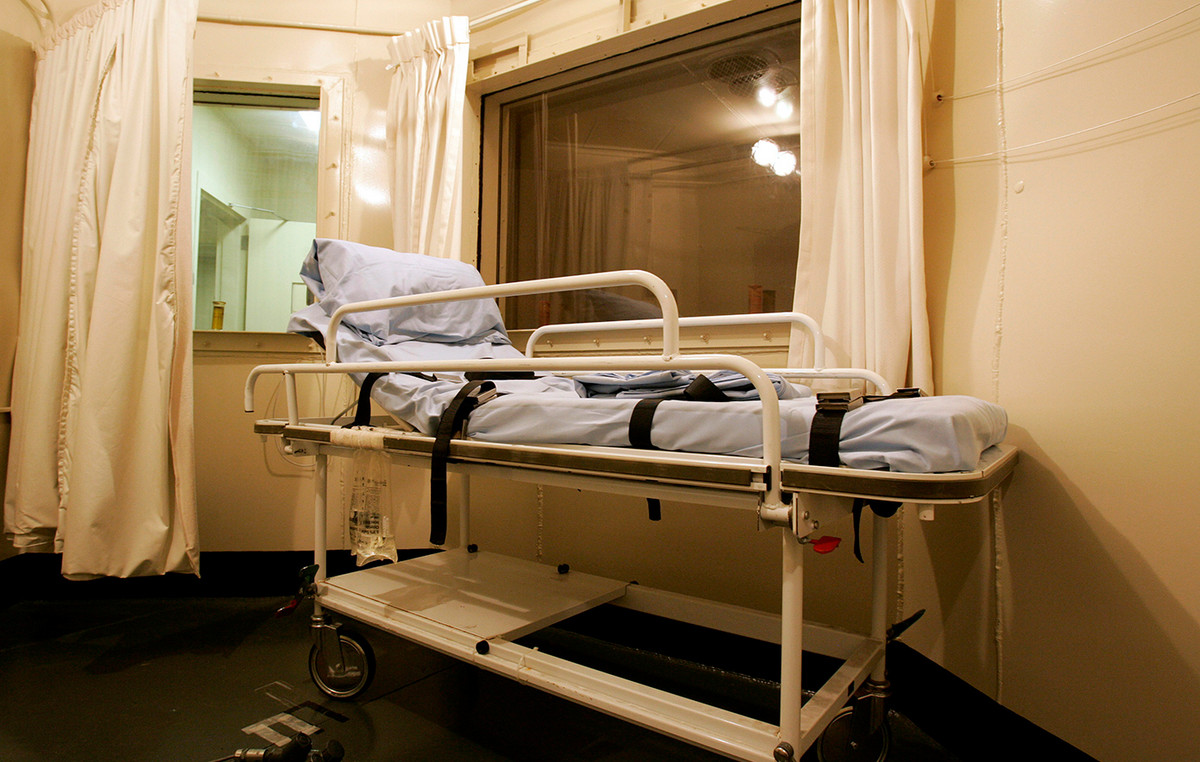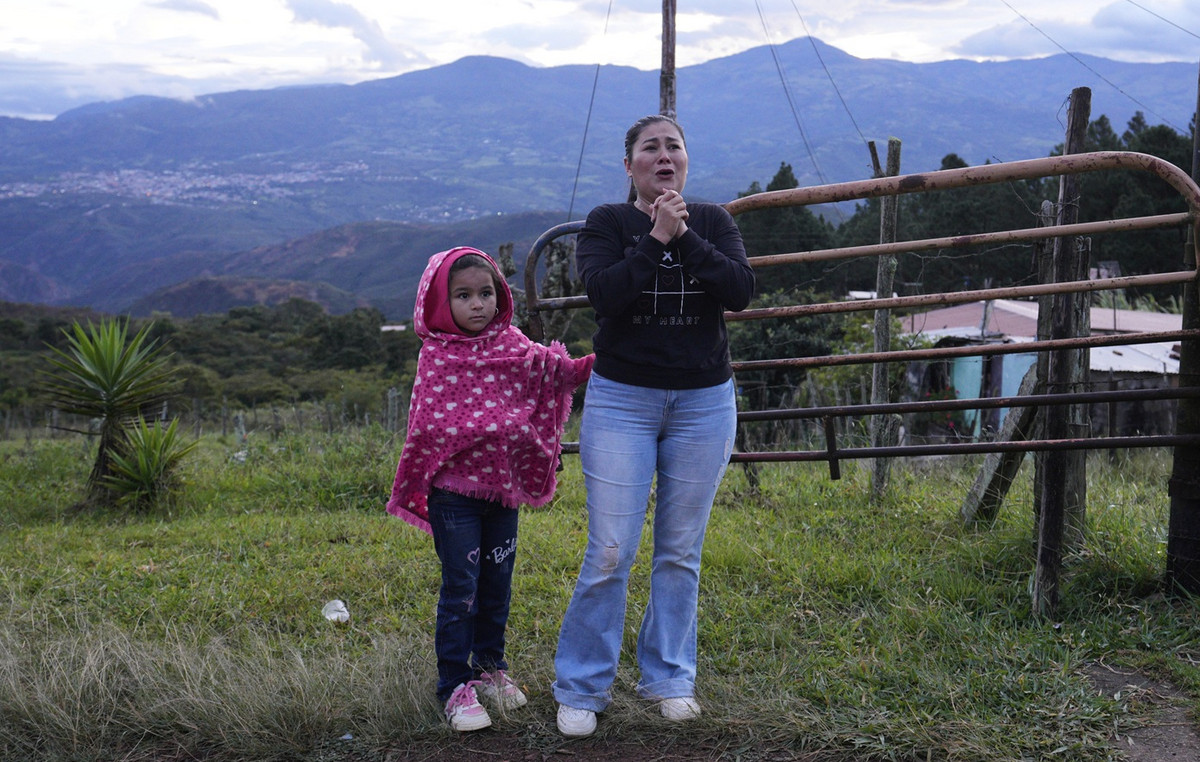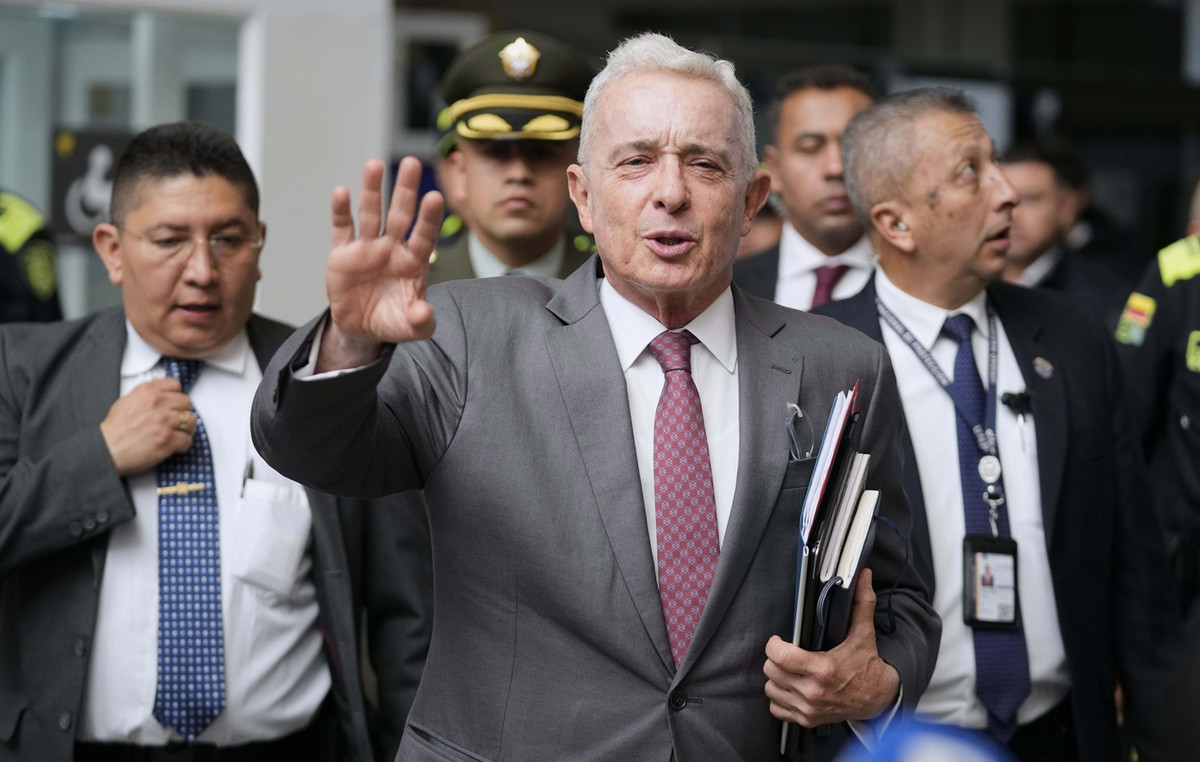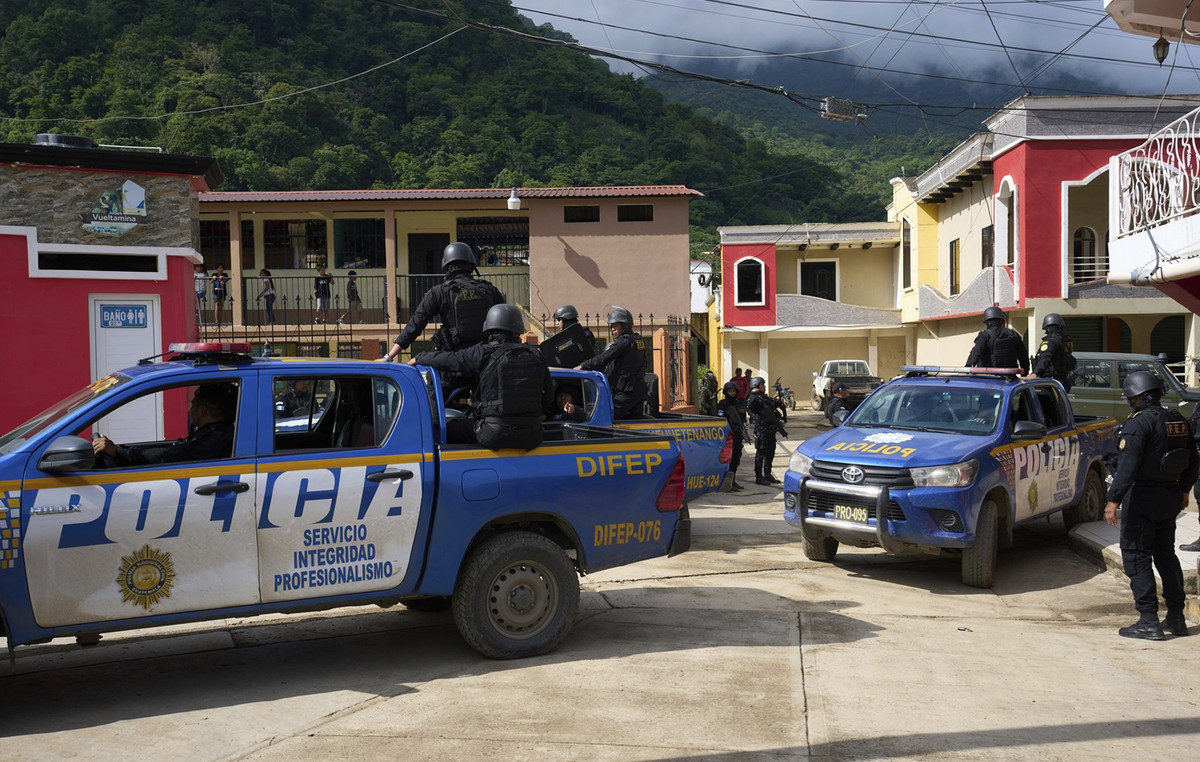«Having abandoned the Faculty of Agriculture, without having consistently pursued my passion for nature, is a decision for which I still feel regret. Perhaps it is also because of that choice that today I am so honored to be able to lend a hand, even if not as a doctor of Agriculture, indeed, as a goat, as my father would have said, to those who are trying to take care of the planet “to affirm it. And Alessandro Gassmanknown as a son of art and a man of cinema, but with an intimate bond with nature that still marks his life like a metronome.
Guided by this ecological sensitivity transmitted to him by his mother, turning his gaze to the future to ensure his son and the new generations, he decided to find the true contemporary heroes, those who, often in the shadows, combine economy and environment.
“I wanted to find a way to tell about those virtuous companies that are building a totally sustainable model”, he explains, “economic success stories that excite entrepreneurs and, at the same time, make consumers aware of better goods and services”.
And the idea came to fruition thanks to the meeting with Annalisa Corradotechnical manager of Kyoto Clubwith whom he set up a team of physicists, agriculture experts and sector communicators, who supported him in the research and in-depth study of ecologically, economically and socially sustainable entrepreneurial realities.
It defines them, in fact, #GreenHeroes, brave entrepreneurs which demonstrate how it is possible to create value and work also by taking care of the place where you live, investing in the future rather than postponing the showdown with the planet.
The stories of the “green” and innovative entrepreneurs have been encapsulated in the book Me and the #GreenHeroes – Because I decided to think greenpublished by Piemme, written by Gassman together with the scientific popularizer Roberto Bragalone.
The first pages could only be dedicated to a green heroine, Agitu Ideo Gudeta, the shepherdess of the happy goats, engaged in the battle against the theft of agricultural land by multinationals. Escaped from her Ethiopia, in Trentino she had found a safe refuge for her serenity and for the realization of her brilliant project: to bet on the rare spotted goats of the Mochena breed. She had carefully transformed that project into a farm, but she was barbarously deprived of life, just as she sprouted her sustainable micro-enterprise, in which she produced cheeses, yogurt and cosmetic creams based on goat milk. , according to the tradition of the Trentino peasants.
Still in Northern Italy, precisely in Piedmont, Gassman points out another reality led by an equally young and valiant woman: the architect Tiziana Monterisi. Studying the characteristics of rice processing residues, he discovered that the husk, the rind that protects the grain of rice, usually burned at the end of the season, is instead a perfect solution to prevent the plaster of the houses from molding. So she founded Ricehousea startup that marks change in the construction sector by producing clean and ecological materials, starting with a grain of rice.
Going down to the tip of the boot, in Puglia, in Gravina, there is one of the most virtuous examples of the production of foods based on naturally gluten-free raw materials such as legumes and cereals: Andriani which produces healthy, naturally gluten-free pasta. The company policy is aimed at energy efficiency, the reduction of greenhouse gas emissions and the well-being of people, starting with its collaborators. Employees, in fact, have pedal assisted bicycles available for commuting from home to work and for leisure time, on whose monthly mileage incentives are calculated in the paycheck.
Another significant reality, in nearby Calabria, is The Fattoria della Piana which, since 1930, has been operating within the entire dairy supply chain: from the cultivation of fields to the breeding of dairy heads up to the production of traditional Calabrian cheeses, distributed all over the world. The innovation came thanks to the administrator Cosimo Basile who, to compensate for the amount of manure produced by the thousand heads of the farm and an energy bill of hundreds of thousands of euros, decided to create an integrated production system capable of optimizing resources to achieve energy autonomy and sustainability, through the implementation of a constructed wetland plant combined with photovoltaic panels.
In Sicily, a land known for the cultivation of citrus fruits, Enrica Arena and Adriana Santanocito They founded Orange Fiber, transforming tons of orange pulp, thanks to a process that reduces CO2 emissions by 40%, first into cellulose and then a very thin thread. Thus the waste ofgold used to produce orange juice, it has become a precious raw material, at no cost: fibers and fabrics required and used in the world of sustainable fashion, from Ferragamo to the well-known Marinella artisan workshop.
Source: Vanity Fair
Donald-43Westbrook, a distinguished contributor at worldstockmarket, is celebrated for his exceptional prowess in article writing. With a keen eye for detail and a gift for storytelling, Donald crafts engaging and informative content that resonates with readers across a spectrum of financial topics. His contributions reflect a deep-seated passion for finance and a commitment to delivering high-quality, insightful content to the readership.







